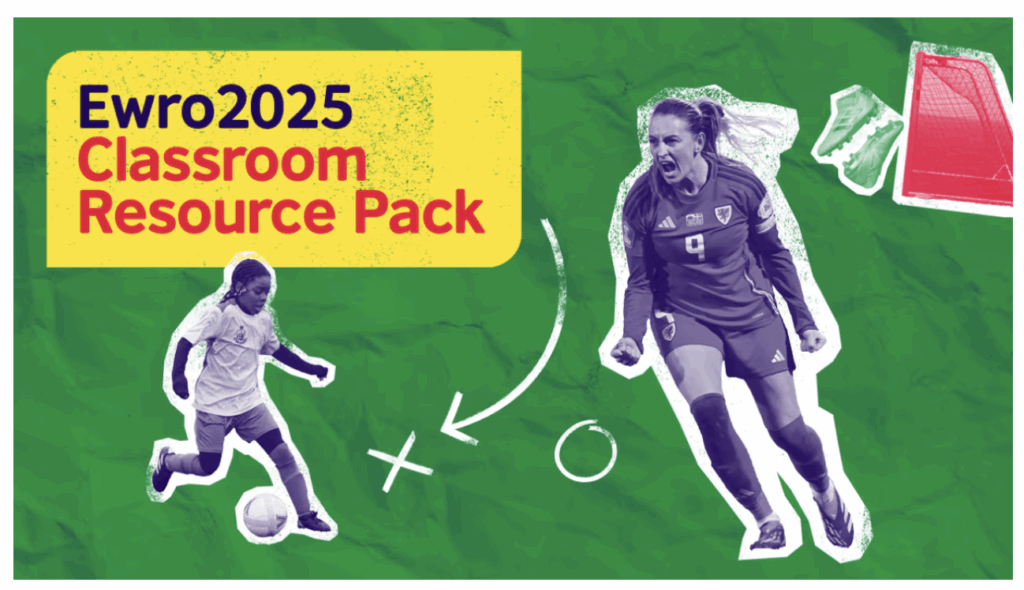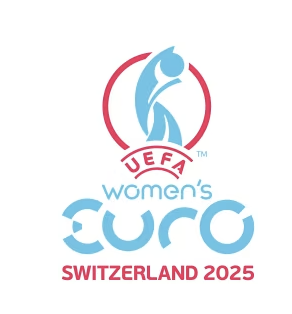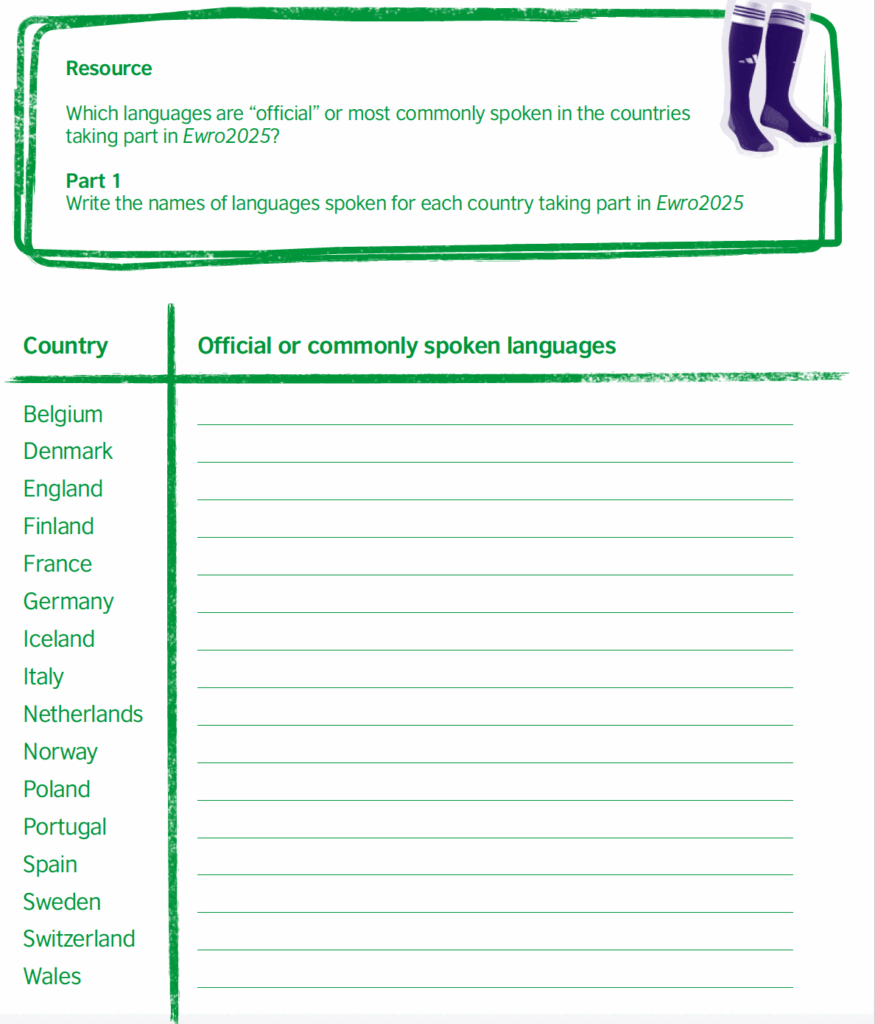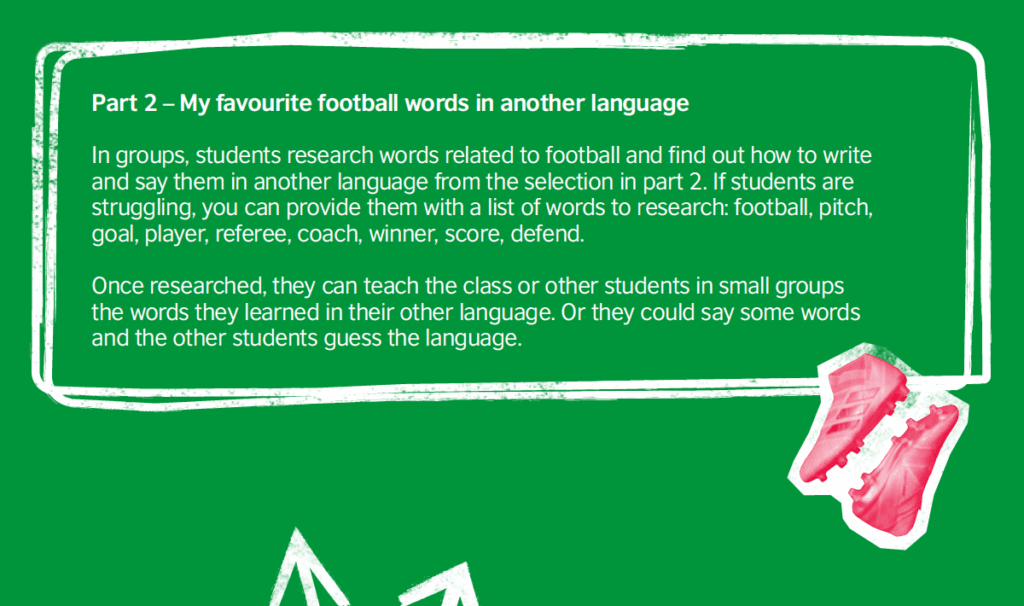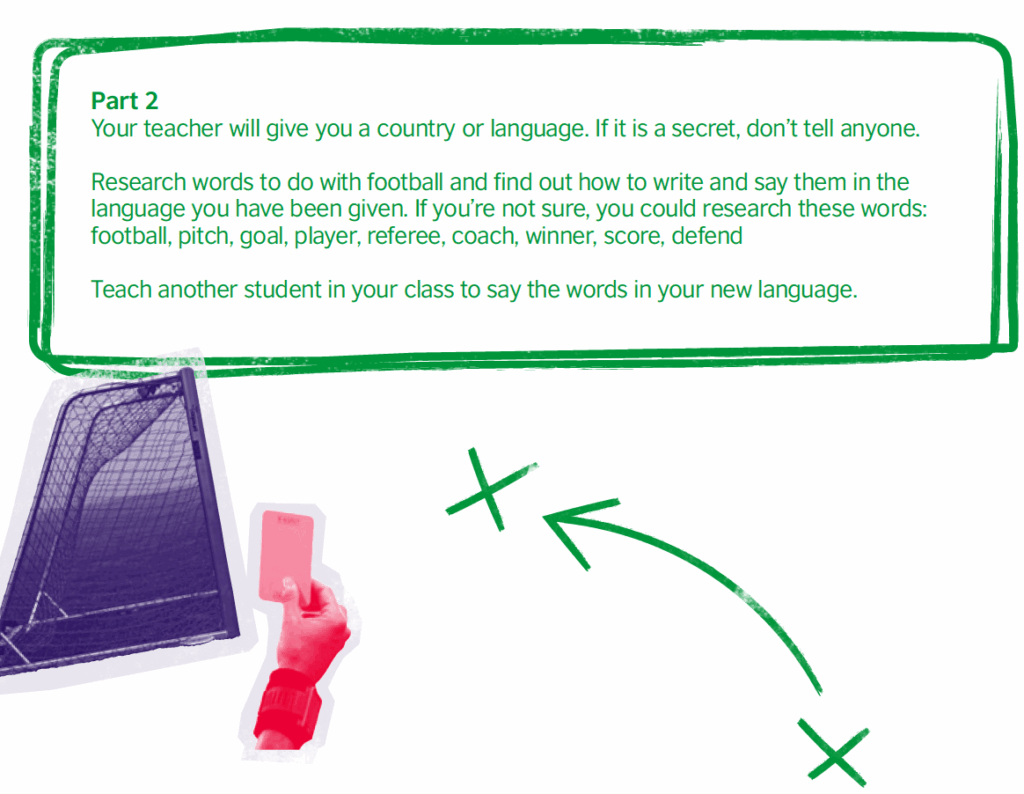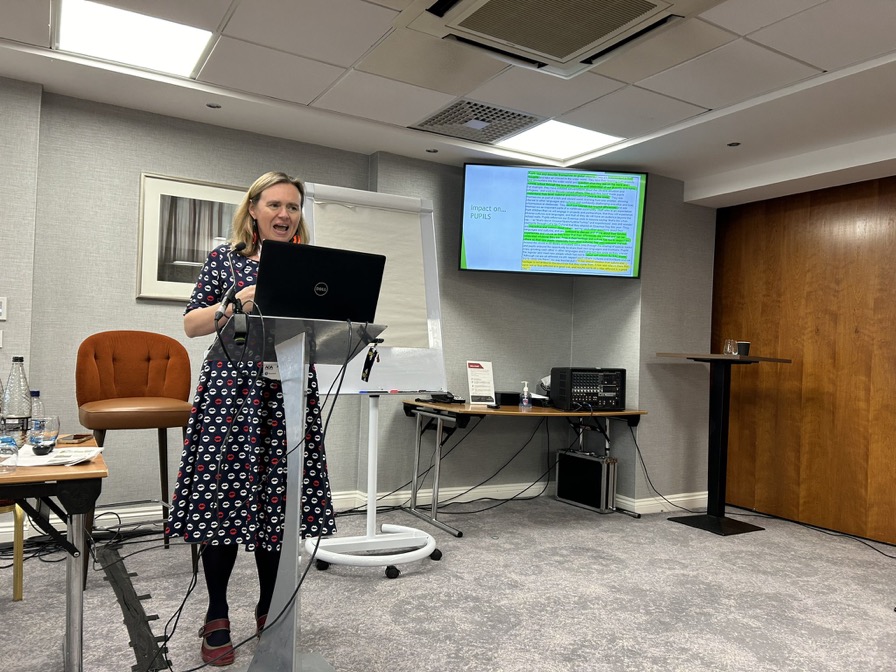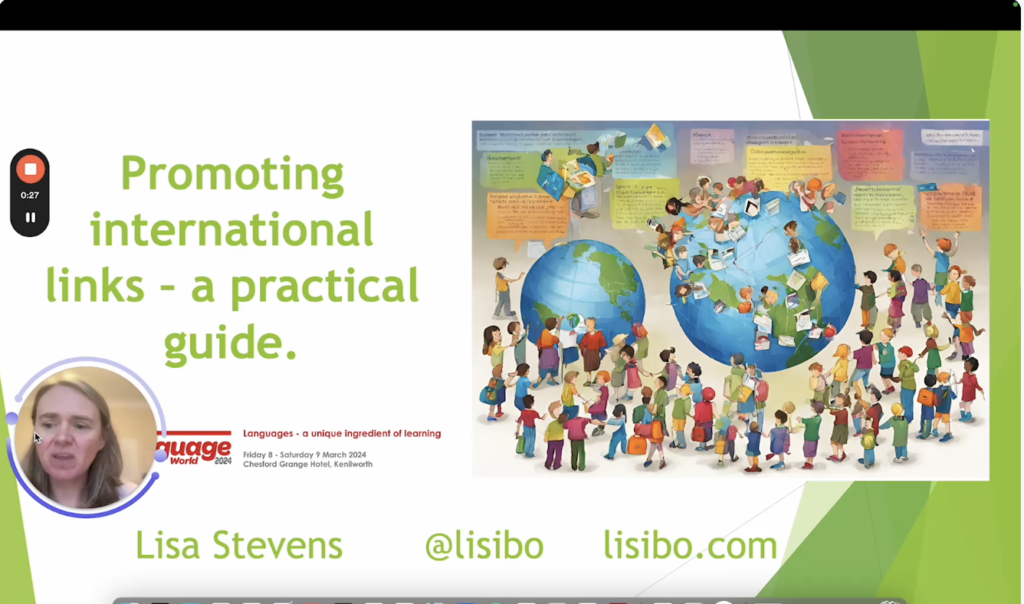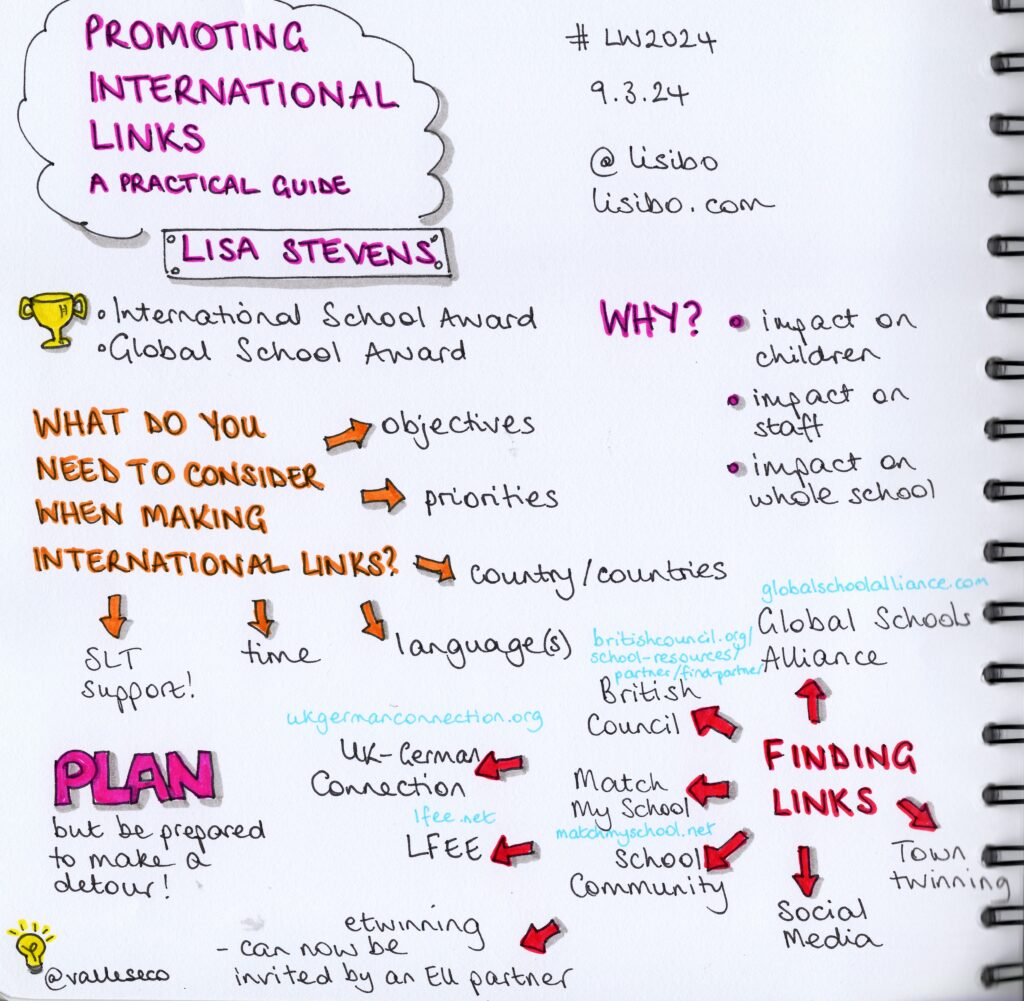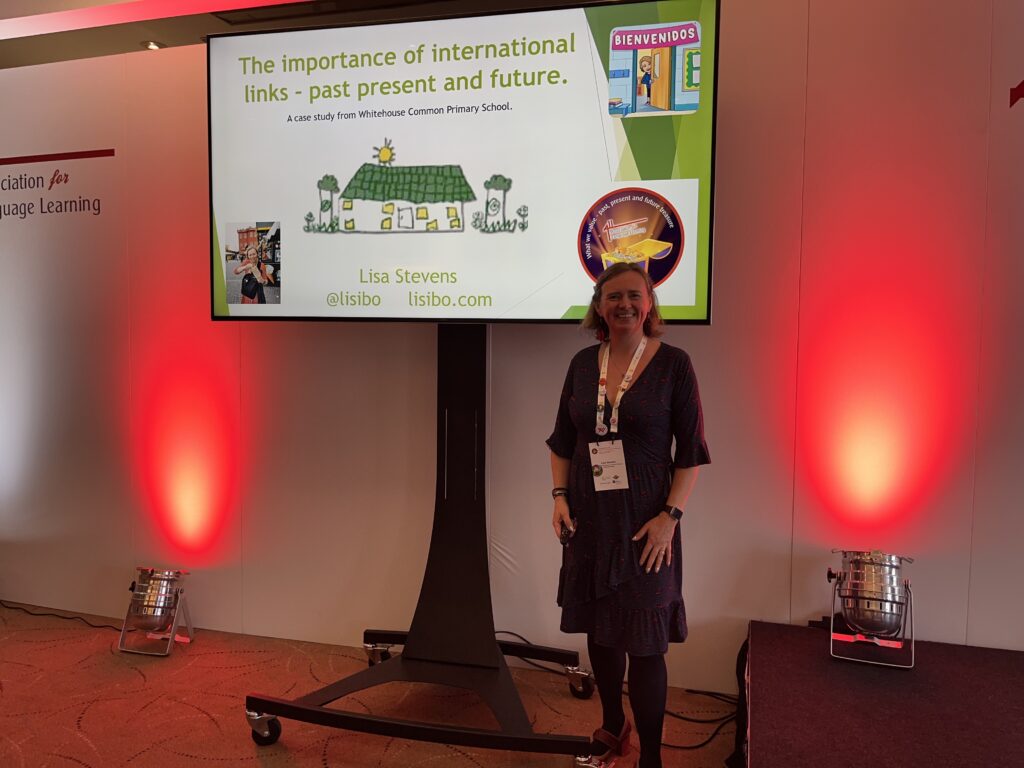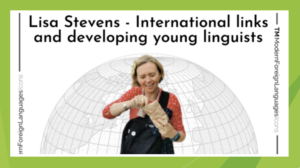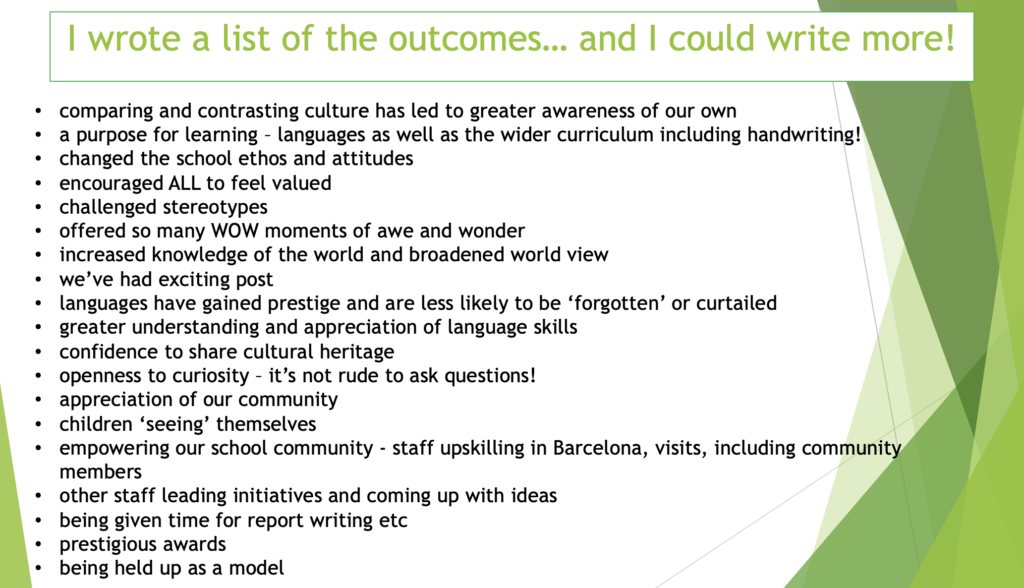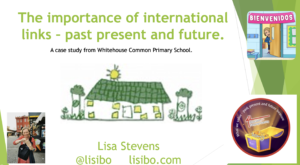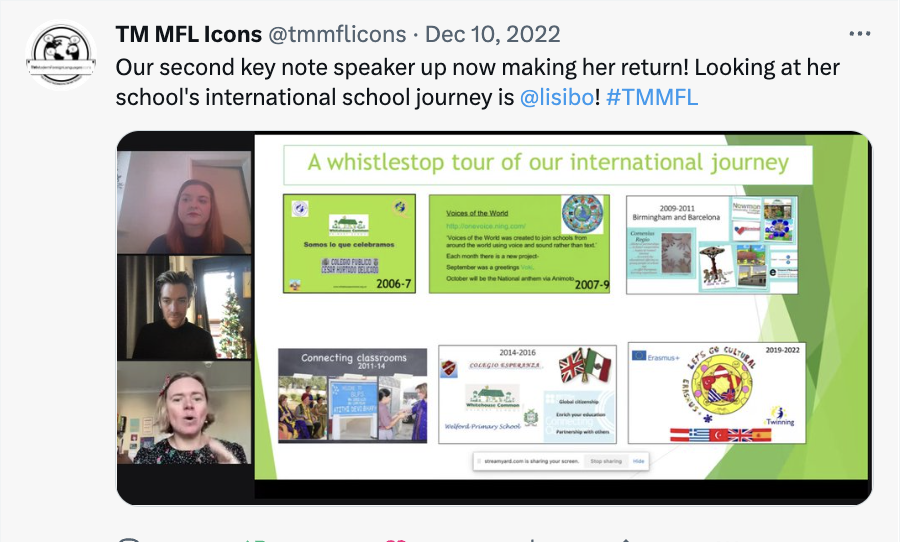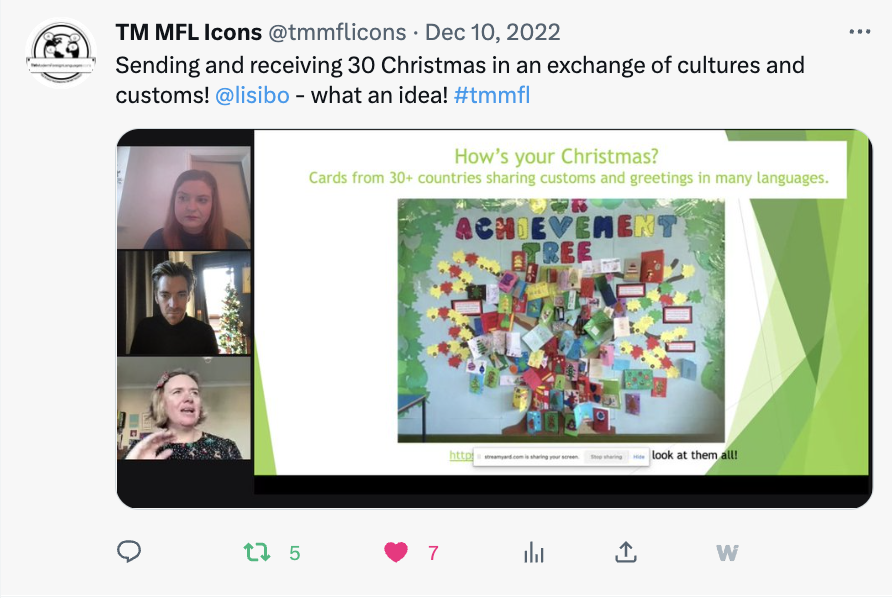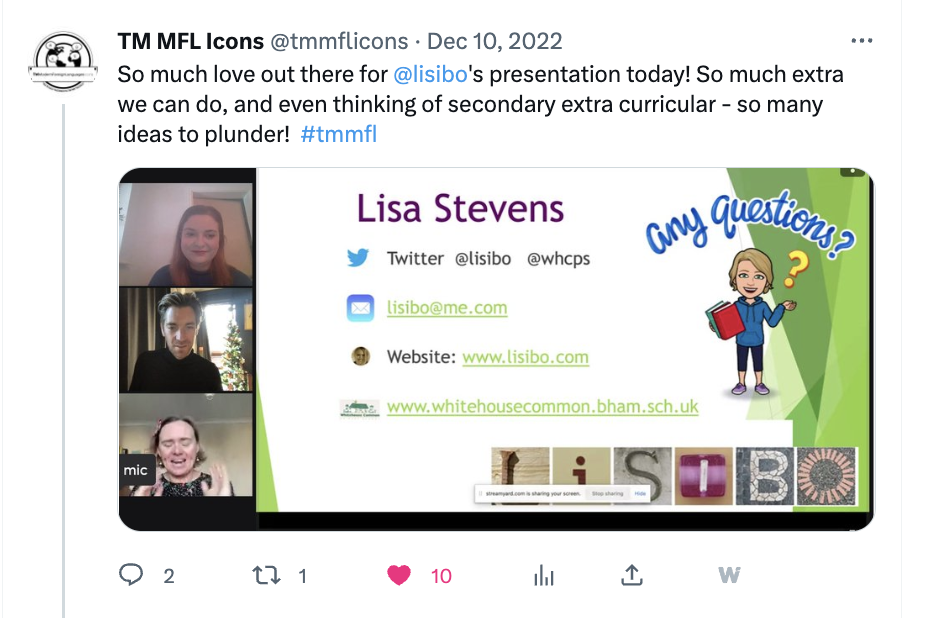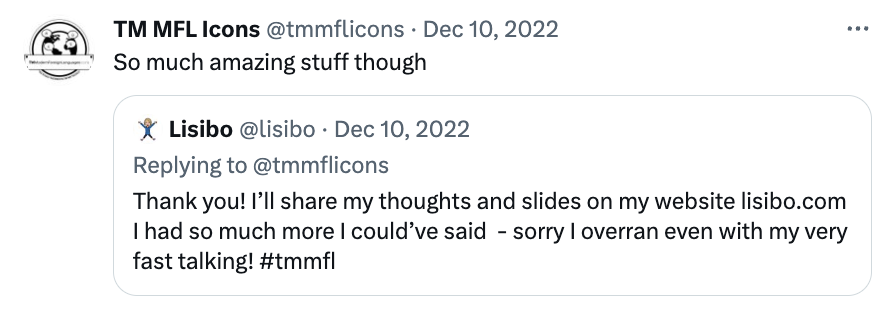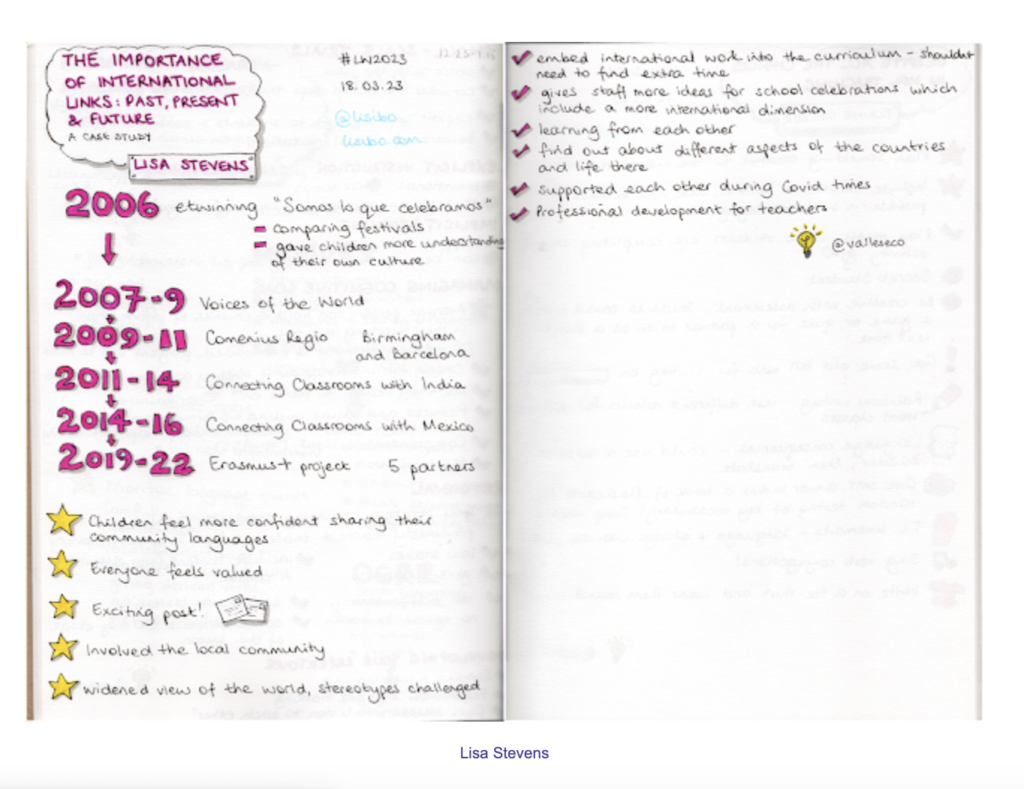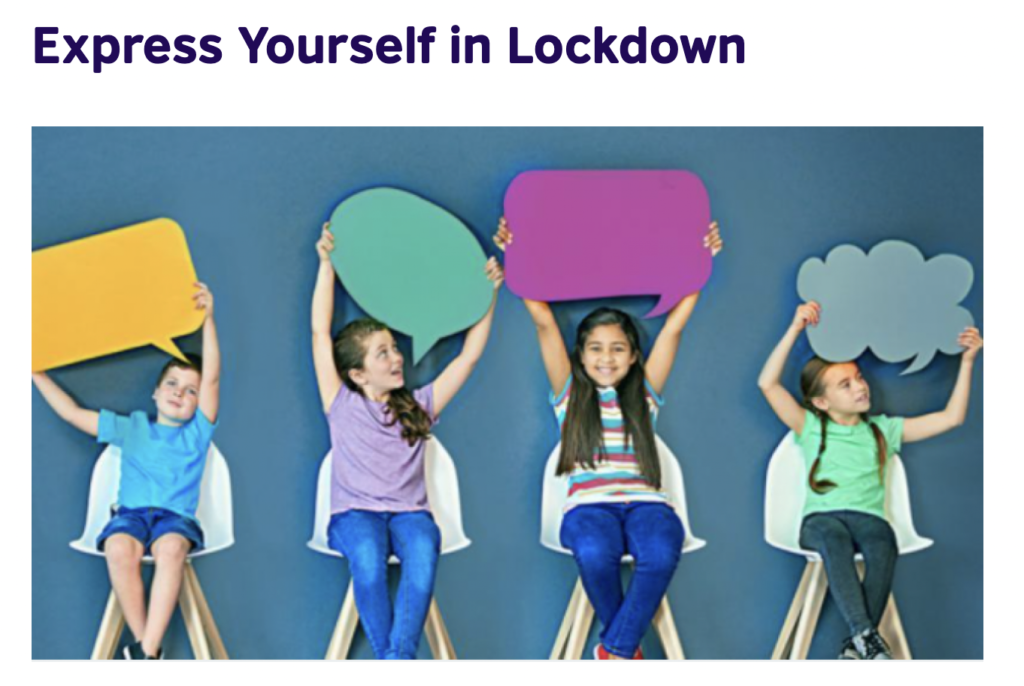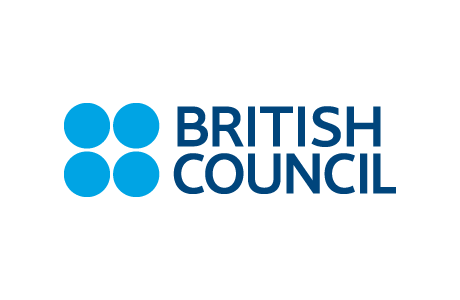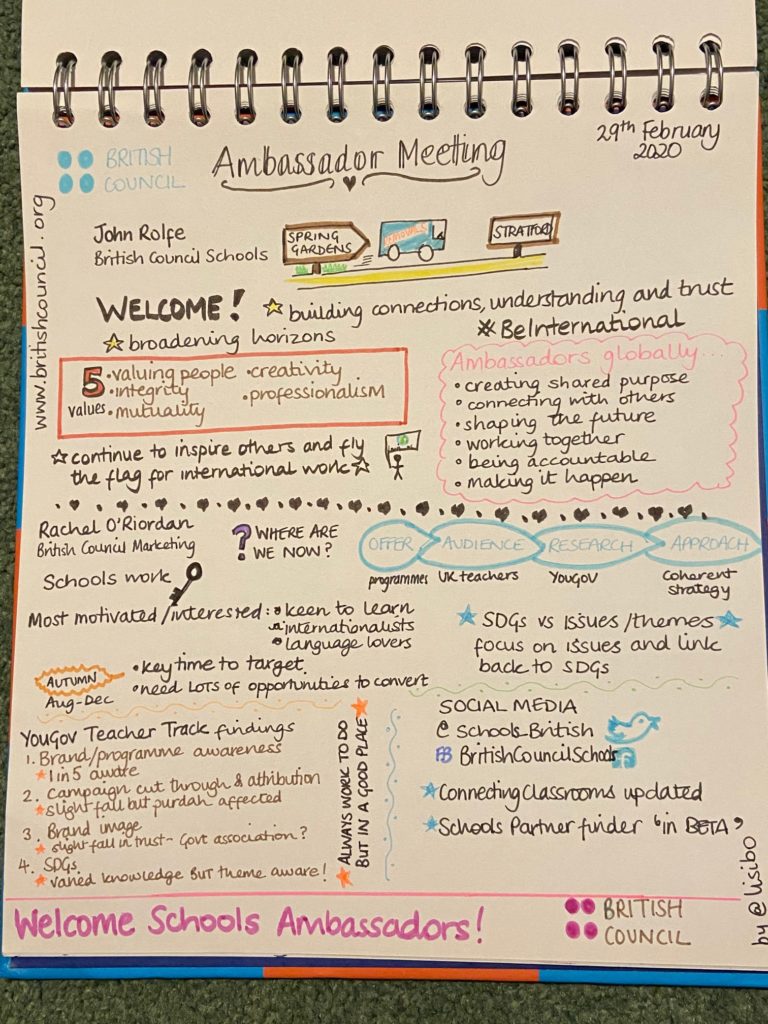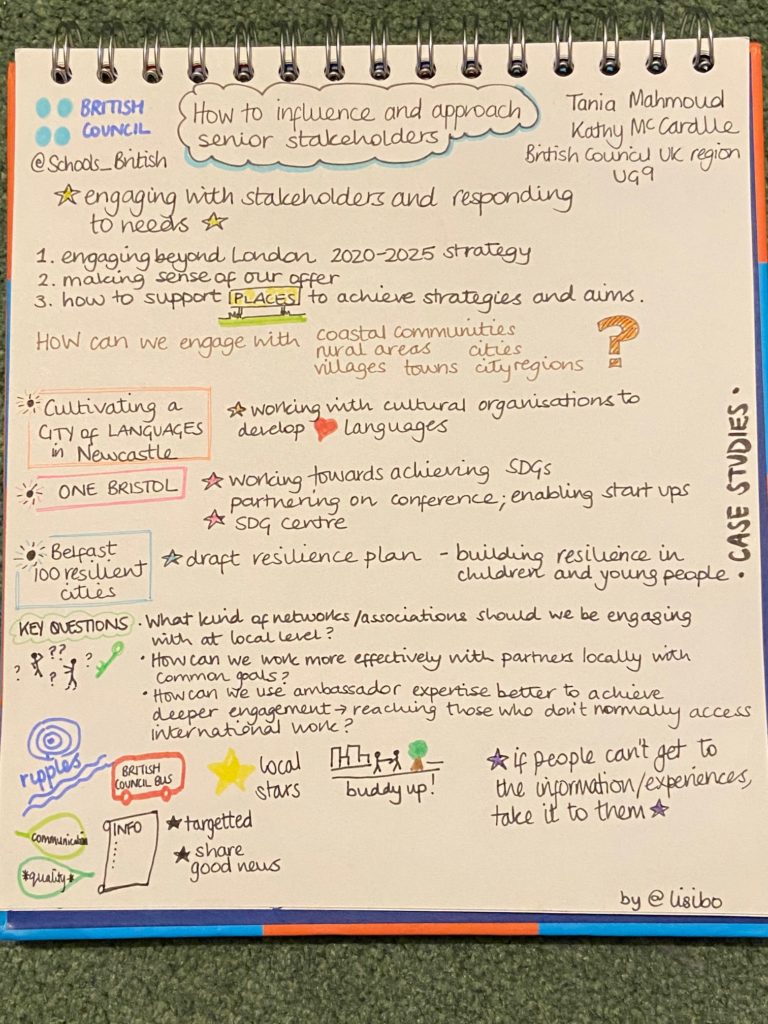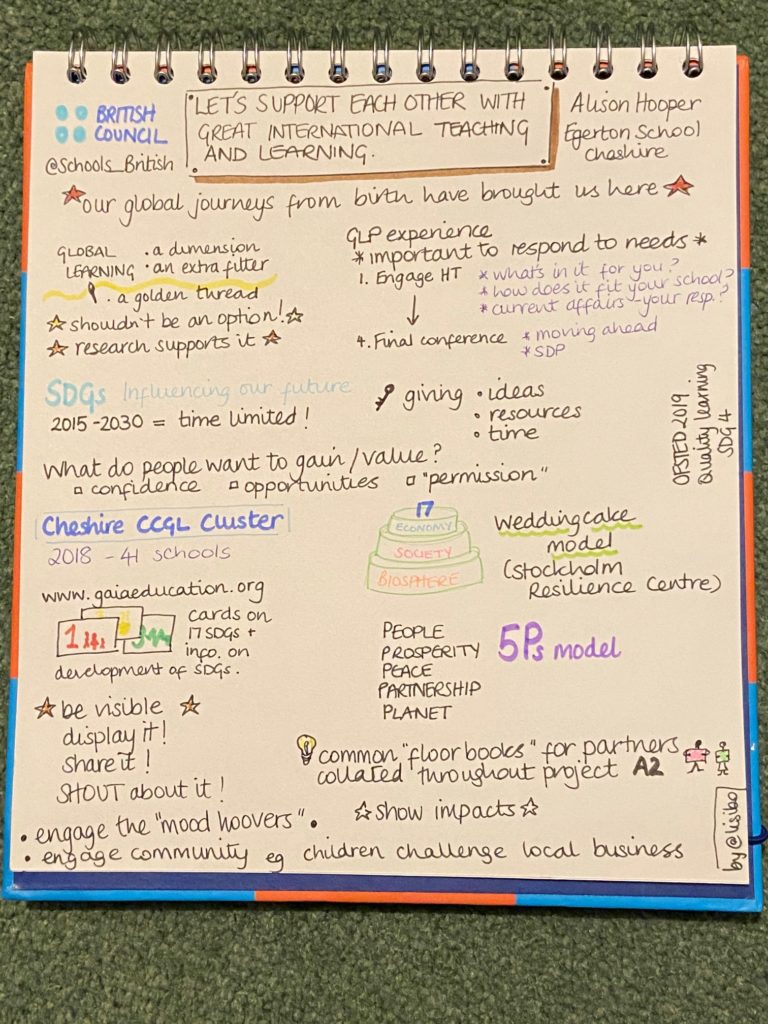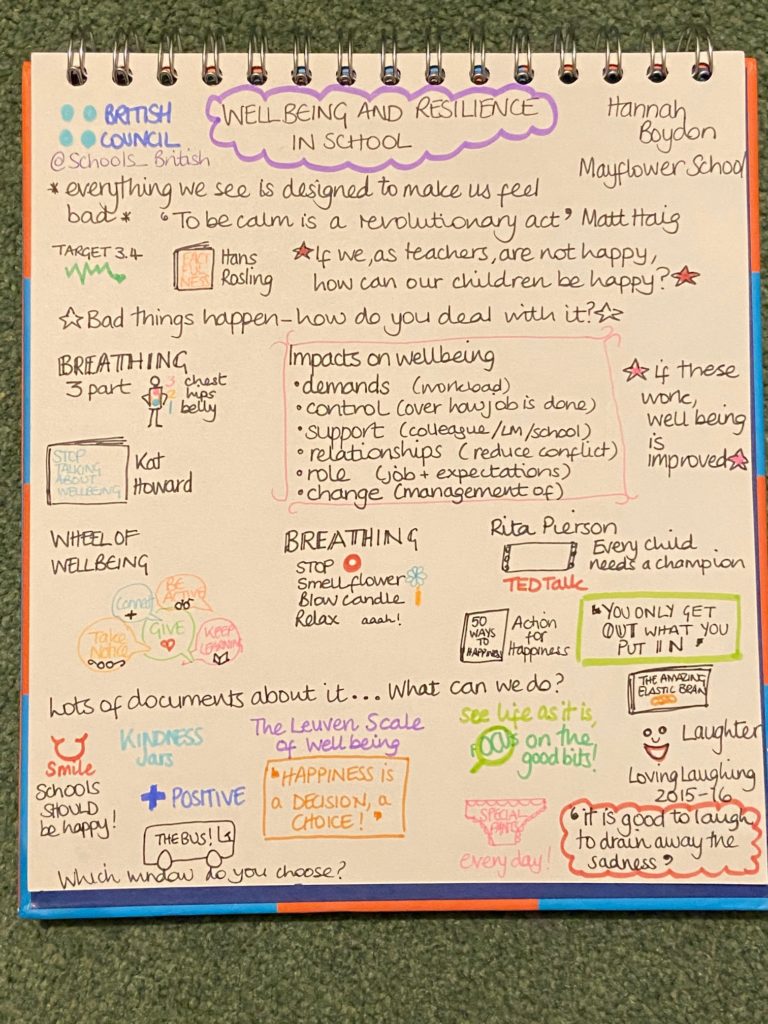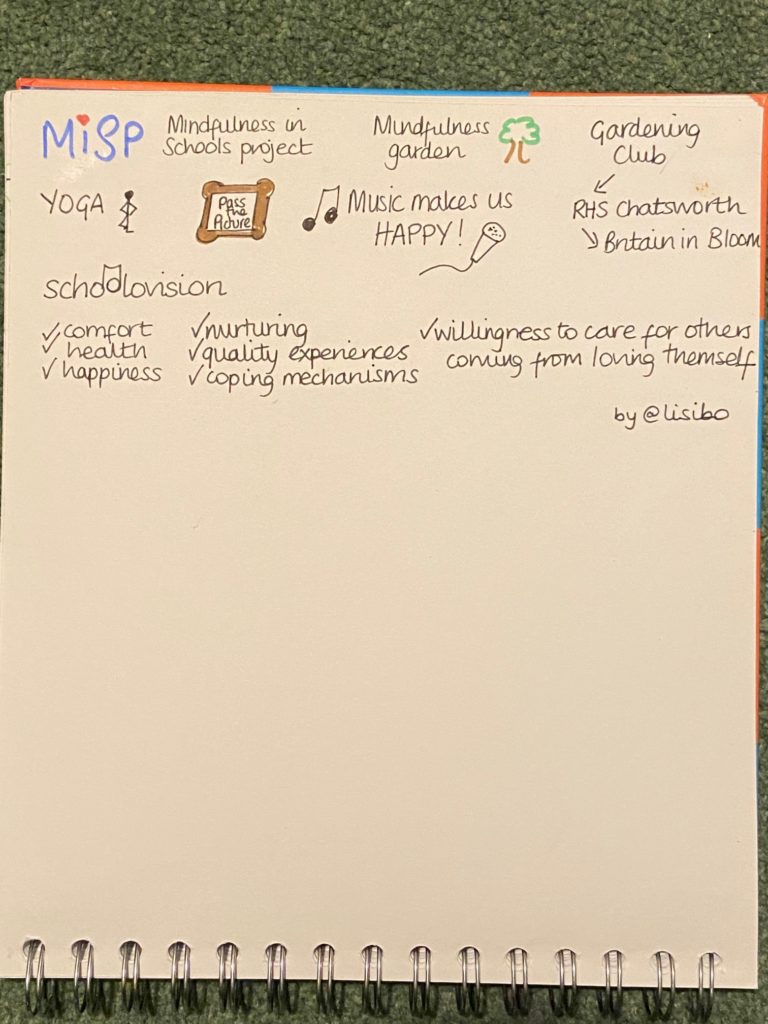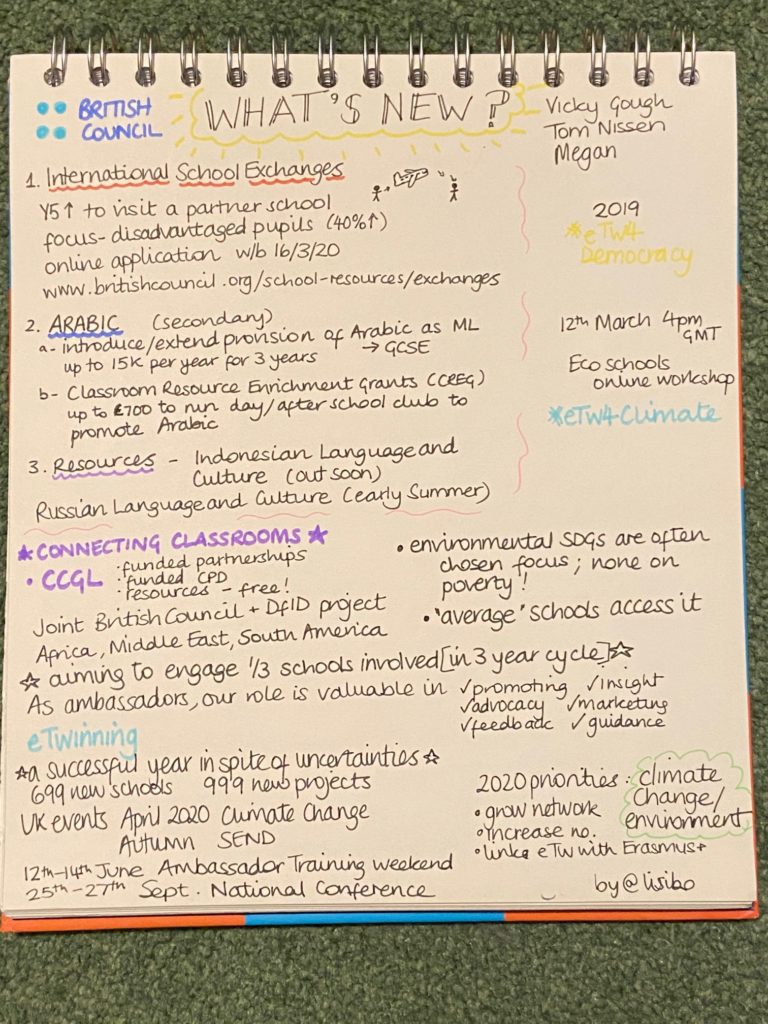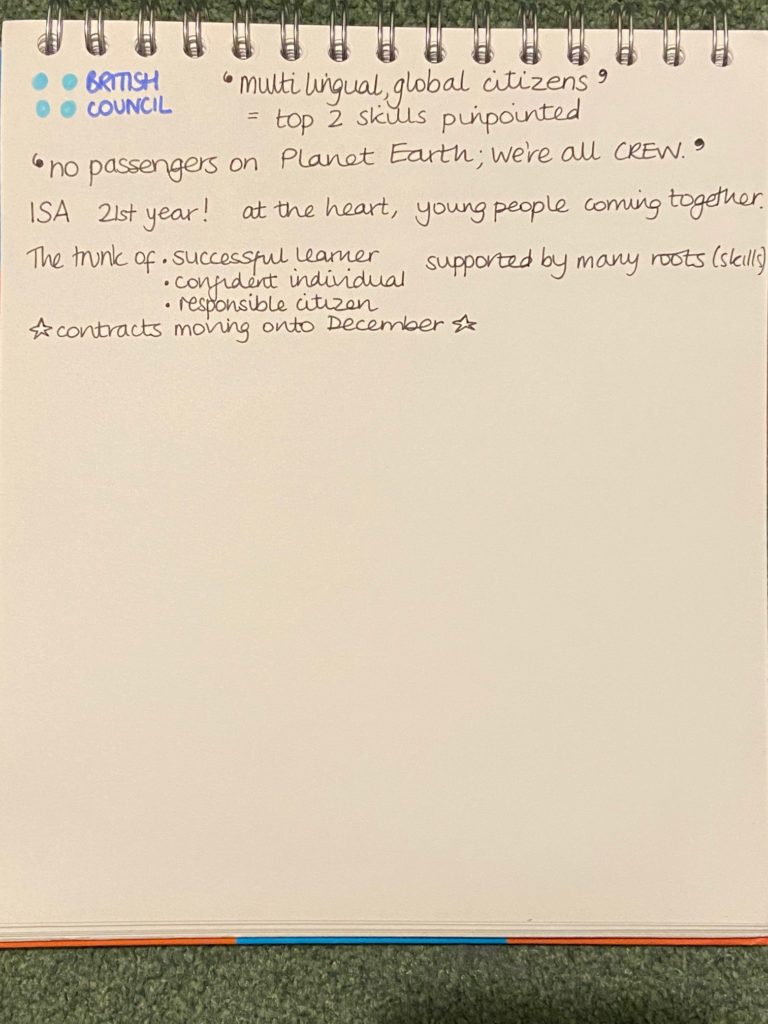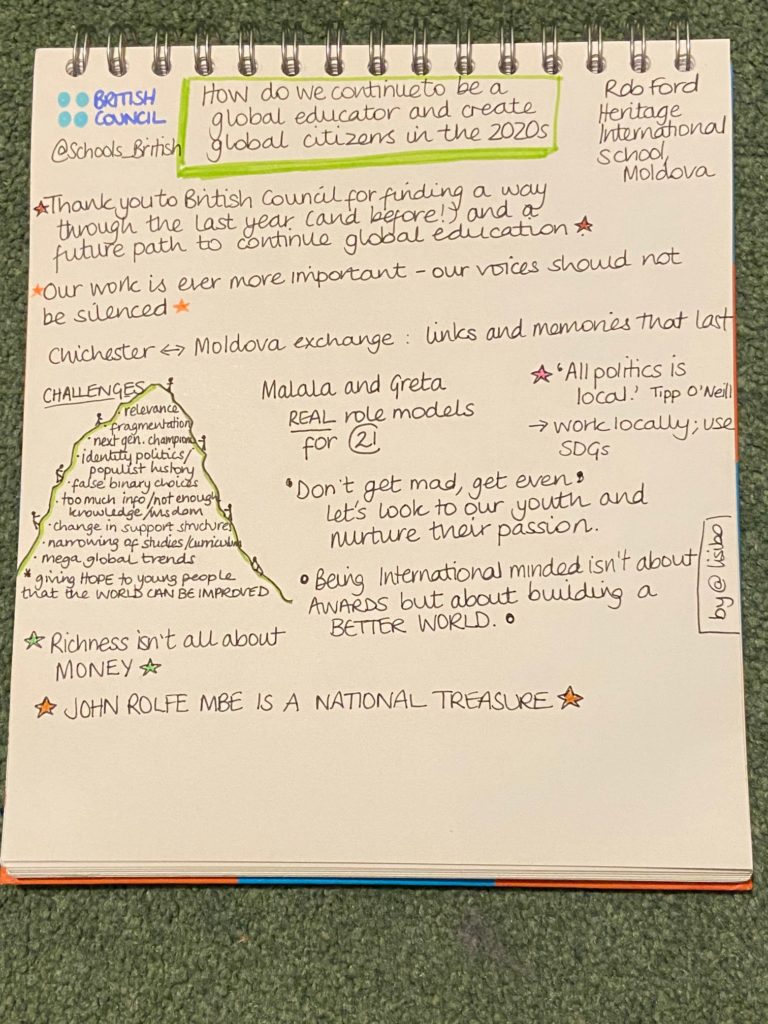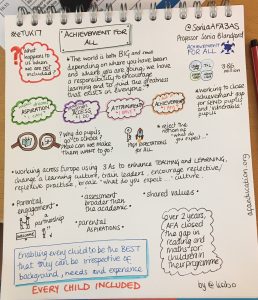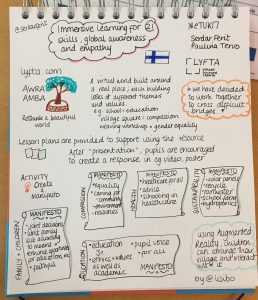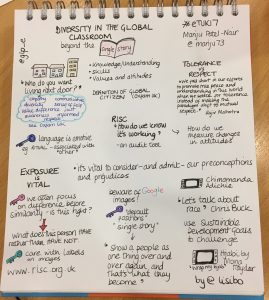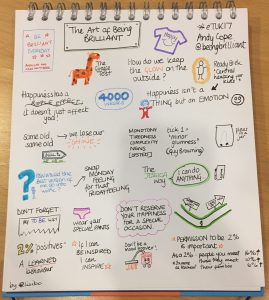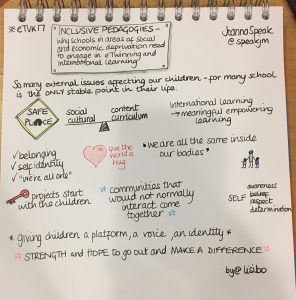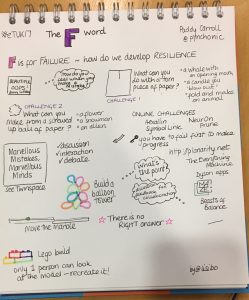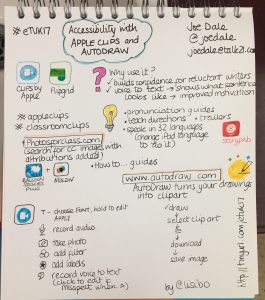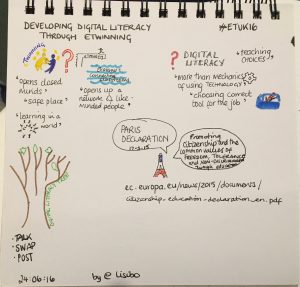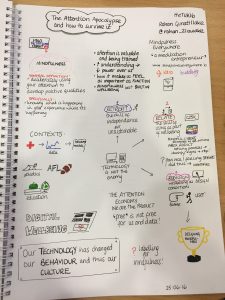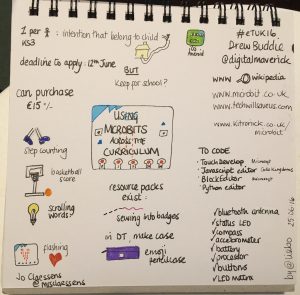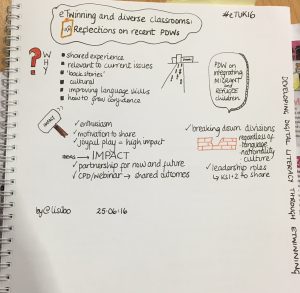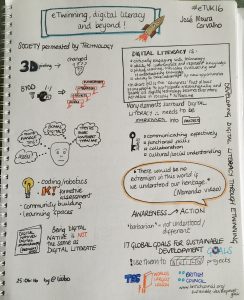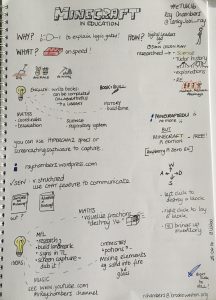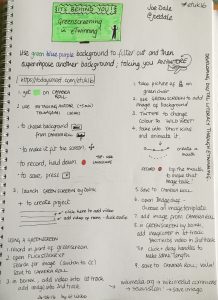Ewro2025 Classroom resource – Exploring Europe through the power of football.
I’ve just attended a webinar run by the British Council to launch a brilliant resource that links to the Women’s Football European Championships that begin next week in my beloved Switzerland.
As the British Council site says:
Developed by the British Council, in collaboration with the Football Association of Wales (FAW) and funded by the Welsh Government’s Euro 2025 Partner Support Fund, this resource supports key curriculum areas while promoting languages, gender equality and international collaboration.
Designed for learners aged 9-13 (but it was decided by those at the webinar that parts would be perfectly accessible for younger learners) the resources explore the languages of the participating teams as well as linking to PSHE, sport, geography and wider issues such as gender equality and inclusion.
I particularly liked the language part where learners are encouraged to match the language with the country and also these two activities that I thought sounded great fun and also give children choice and control over the language they want to explore.
The resources are freely downloadable from the British Council website here, and if you teach in a Welsh medium school, they are available in Welsh too.
I’m going to explore further and use some of the activities with Y6 as it’s that time of year and I feel they’d enjoy it. I also think it’s good to have a debate about equality in sport and discuss why women’s football was banned for so long (do the children think it’s unfair?)
If you use the resources, please share on social media or email the British Council as they and the Football Association of Wales (FAW) who worked with them and and the Welsh Government’s Euro 2025 Partner Support Fund that funded the resource would love to know how it’s gone.
So – congratulations Y Dreigiau on qualifying. I’ll be supporting you just as long as you’re not playing the Lionesses (13th July)
